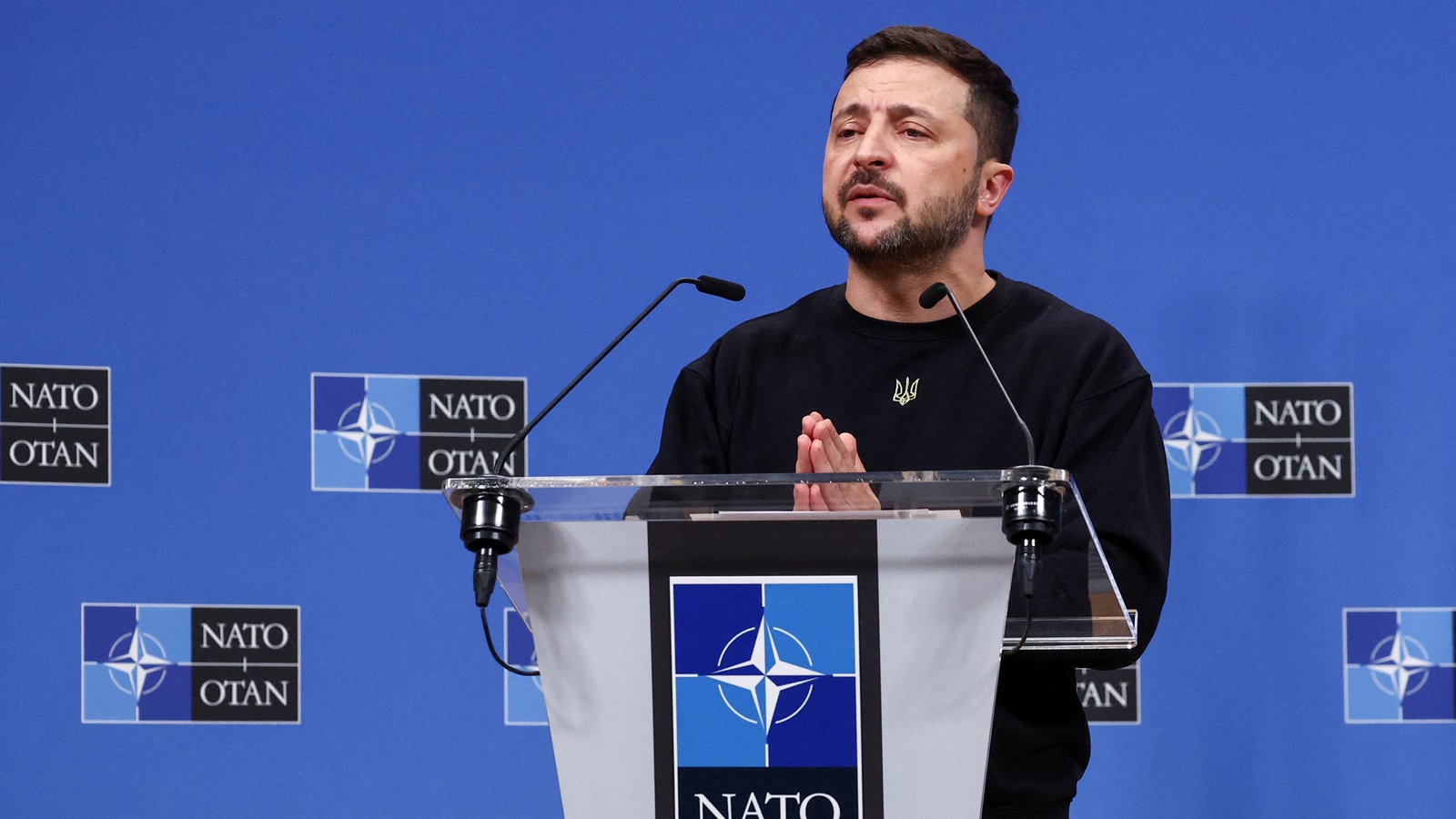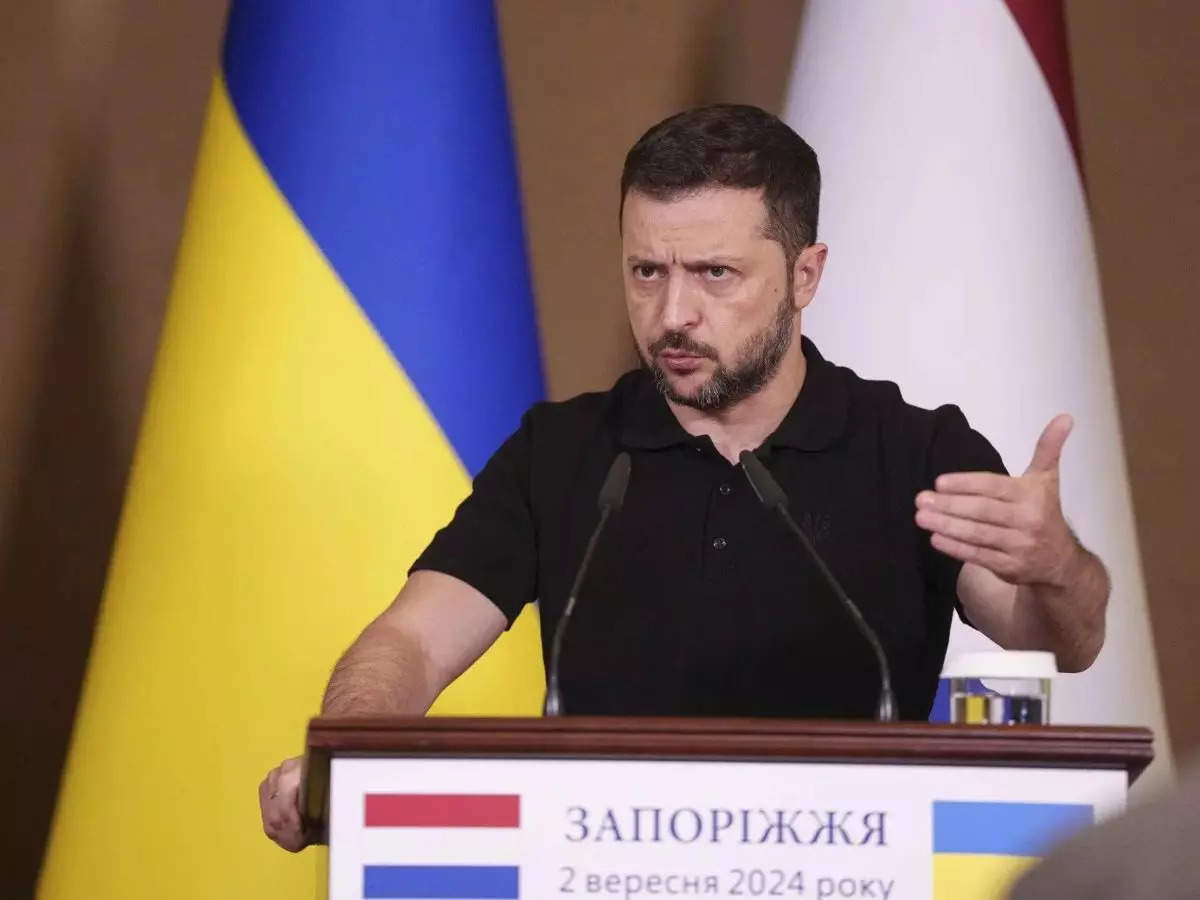Tensions surrounding the Ukraine conflict have escalated with Ukrainian President Volodymyr Zelenskyy’s alarming claim that North Korean troops are poised to be deployed by Russia on the battlefield as early as this weekend.
This potential development, which could mark a significant escalation in the nearly three-year war, has raised concerns among Western officials regarding its geopolitical ramifications, particularly in the Indo-Pacific region.
In light of these developments, leaders from the United States, Japan, and South Korea convened to address the situation. John Kirby, the White House national security spokesman, stated that the national security advisers from these three nations expressed serious apprehension about North Korea’s potential troop deployment.
They issued a call for both Russia and North Korea to cease actions that would further complicate the already volatile security environment, warning that these developments could have implications extending far beyond Europe.

Zelenskyy Warns of Potential North Korean Troop Deployment in Ukraine Amid Escalating Tensions
Kirby reported that over 3,000 North Korean troops might have already been dispatched to Russia for training and outfitting. While the exact locations for their deployment remain uncertain, he noted that some troops could likely be sent to the Kursk region, where Ukrainian forces have maintained a presence.
However, he cautioned that the U.S. does not have detailed intelligence regarding the specific roles these North Korean forces would undertake once deployed.
The situation has prompted a significant diplomatic response, with Zelenskyy canceling a planned visit from U.N. Secretary-General Antonio Guterres after a controversial photograph surfaced of Guterres meeting with Russian President Vladimir Putin.
Zelenskyy claimed that Ukrainian intelligence had confirmed the impending deployment of North Korean soldiers in combat zones as early as Sunday or Monday, labeling this move as an obvious escalation by Russia.
The introduction of North Korean troops into the Ukraine conflict adds a new dimension to a war that has already resulted in significant casualties, with estimates suggesting tens of thousands of lives lost, including many civilians.
While North Korea has previously provided ammunition to Russia under a defense pact, the deployment of troops could dramatically alter the conflict’s landscape. As Russia seeks support from BRICS countries and the situation intensifies, the potential for a broader international confrontation looms larger.











































